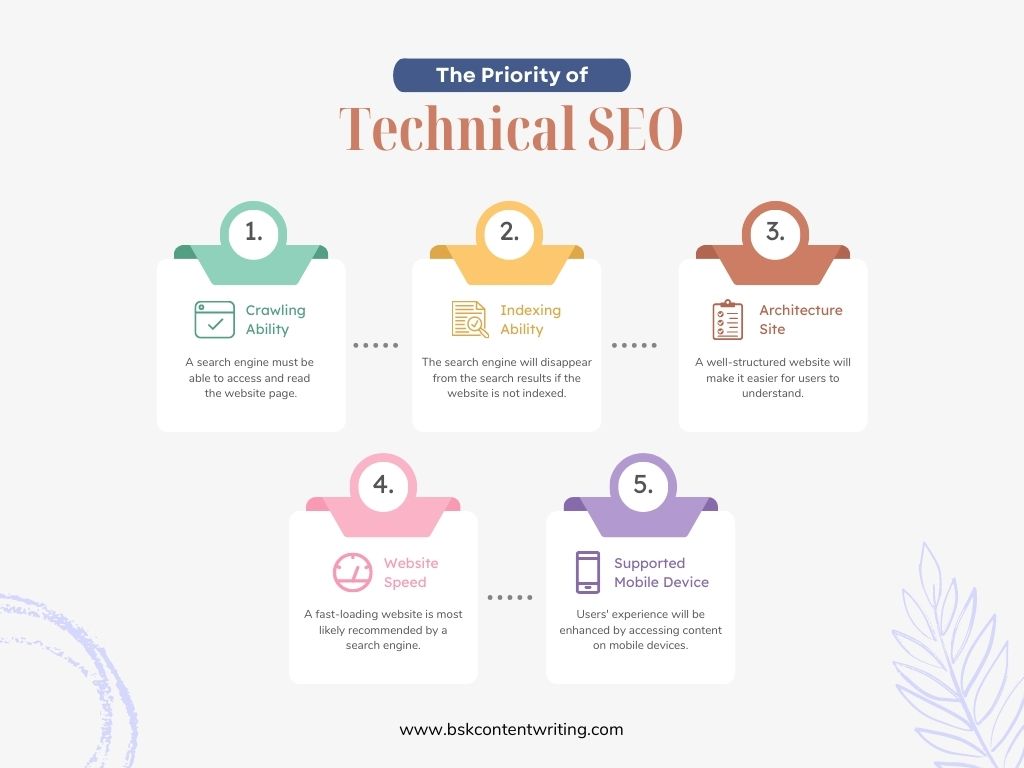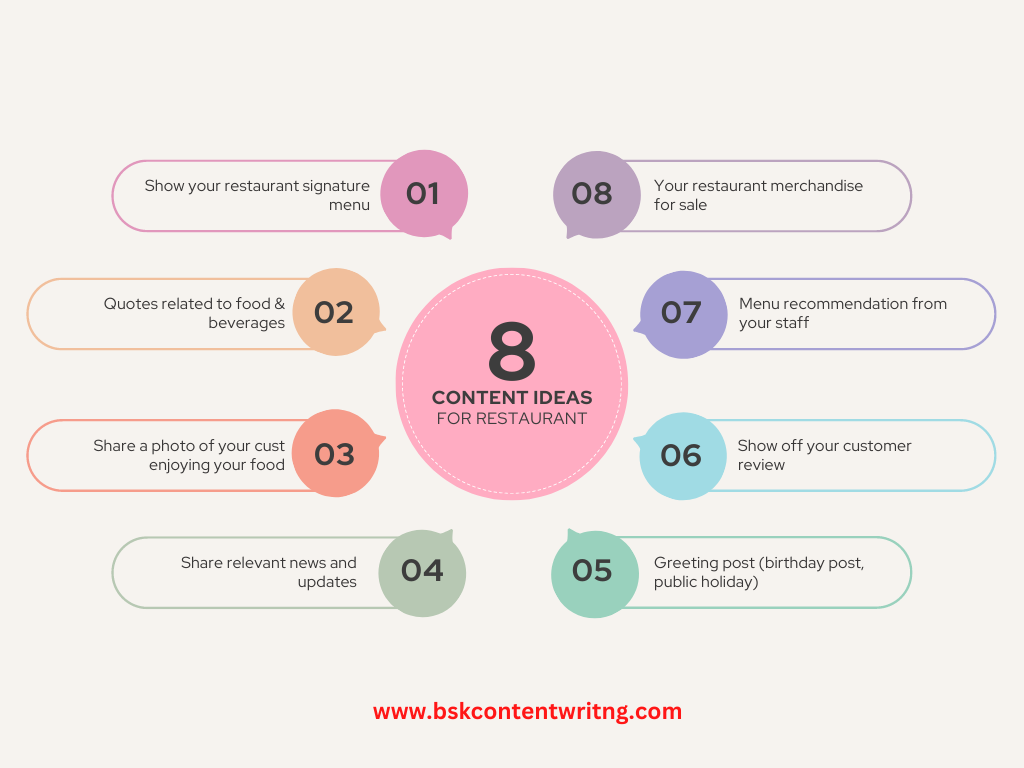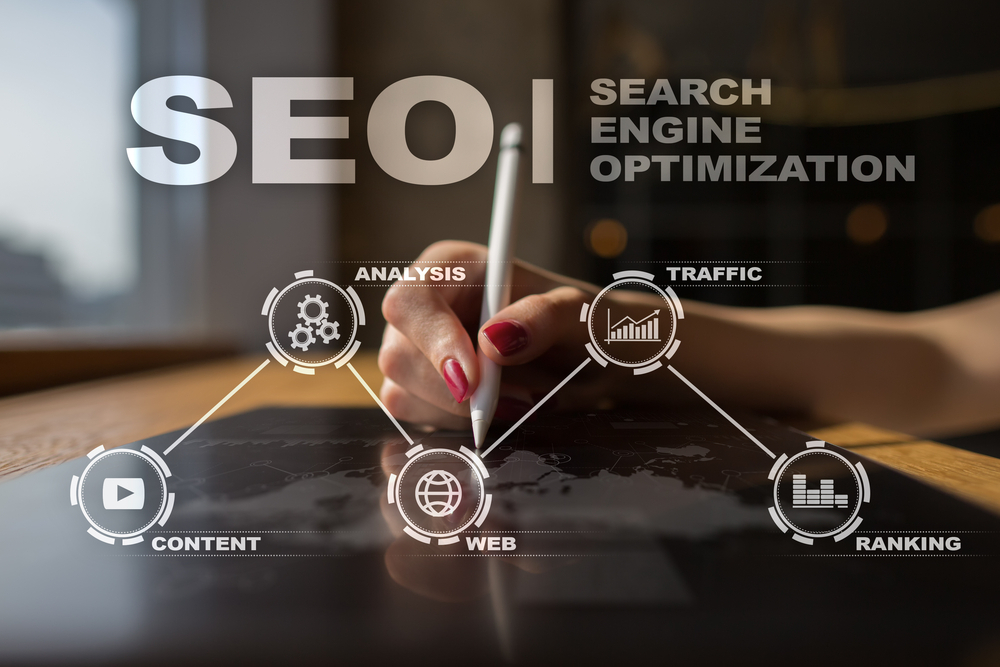
Have you noticed that your website is driving less traffic than it used to? It’s not just you—off-page SEO is becoming increasingly important. Off-page SEO is a marketing strategy that improves your website’s rank in search engines by creating links to your site from other websites.
This means that you don’t have direct control over where the link appears, but it also means that there are many ways to make your business more visible online. Off-page SEO is a crucial part of any search engine optimization campaign. In fact, it’s often more important than On-page SEO.
What Is Off-Page SEO?
Off-page SEO is a term that refers to a variety of techniques that you can use to help your website rank higher in search engine results pages. These techniques include link-building, social media marketing, and reputation management.
The main goal of off-page SEO is to increase the number of links pointing back to your site from other websites on the internet. This helps Google understand that people are talking about your site and think it’s important enough for other websites to link.
Why Is Off-Page SEO Important?
Off-page SEO is an important aspect of your online marketing strategy because it includes all the things you can do to get traffic that isn’t directly related to your website.
This means more people can find your site when they search for specific keywords or phrases. It also allows you to build a reputation as an expert in your field—which can lead to more qualified leads and sales down the road!
Difference between On-Page SEO vs. Off-Page SEO
On-page SEO
On-page SEO refers to optimizing a website’s content, structure, and other elements to increase its visibility in search engine results.
Off-page SEO
Off-page SEO refers to the process of gaining backlinks, which are external links pointing to your site. However, off-page SEO depends on the quality of your backlinks and how many you have. This means it’s important to get not only backlinks but also high-quality ones.
Off-Page SEO Checklist

Check for broken links.
One of the most important things you can do to improve your off-page SEO is to check for broken links. Broken links are a big problem for search engines and users alike: they make it difficult for search engines to crawl your site and make it hard for people to navigate it. If you find any broken links on your site, it’s important to correct them right away. This will help both search engines and humans navigate your site more easily!
Check for duplicate content.
One of the best benefits of off-page SEO is that you can check for duplicate content on your site. This is an important tool because it helps you to ensure that you’re not accidentally duplicating any content—which can cause a penalty from Google and affect your position in the search results.
Check for site speed.
Site speed is a major factor in search engine optimization. Google has said that they will display a warning to users if they find your site slow, and they have indicated that slow sites are less likely to rank highly. The faster your website is, the more likely it is to rank well on search engines.
site usability and user experience
Check for site usability and user experience, including spelling and grammar errors, as well as general navigation issues (e.g., are users easily able to find what they’re looking for on your site?).
Check HTTPS-enabled SSL certificates
Make sure your website is secure by implementing HTTPS-enabled SSL certificates to protect user data from being compromised in transit between their browsers and your servers; this will also increase search engine rankings because Google prefers secure websites over non-secure ones when ranking results in its search engine results pages (SERPs).
Common off-page SEO techniques
Off-page SEO techniques are used to increase the authority of your website. These strategies focus on improving your website’s visibility in search results.
The most common off-page SEO techniques include:
Link Building
Link building is one of the most important parts of off-page SEO. It involves getting other sites to link to your site. A link from another site can improve your rankings and increase your visibility in search engines.
Four ways for link building
1. Social media – Share links to your content on social media platforms such as Facebook and Twitter.
2. Guest blogging – Write blog posts for other sites, and then include a link back to your site within the post.
3. Directory submissions – Find directories that allow you to submit your site and add a link back to it in the description field.
You can find directories with search engine optimization-related keywords in the title (such as “backlink” or “directory”).
4. Email outreach – Email potential clients and ask them if they’d be willing to share your content on their website and social media.
Remember:-
Link building is also one of the most time-consuming and difficult parts of off-page SEO. However, with proper planning, you can make it easier for yourself.
Social Media
Social media plays a key role in off-page SEO. With social media, you can promote your content and establish your brand. You can also find new prospects and engage with existing customers. The most important thing to remember is that people use social media as a search engine. They’re looking for answers to their questions and might find those answers on your page. That makes optimizing your social media presence crucial to drive traffic back to your website.
Remember:-
Make sure you’re posting content people want to read, not just sharing links or ads. If they enjoy reading what you have to say on social media, they’ll be more likely to check out your site!
Local SEO
Local SEO is an off-page SEO strategy focusing on getting your business listed in directories and review sites. It’s an important part of the overall SEO strategy because it helps your brand get exposure in a wider geographic area.
Two main ways to build up your local search presence
There are two main ways you can build up your local search presence:
- Getting listed in local directories
- Earning reviews from customers
Local Directories
Local directories are websites that include lists of businesses in a given area. They’re usually organized by location and category, so they can be useful for finding the right type of business.
Depending on the directory, many of them require you to submit some verification before they add your listing. So it’s important to be prepared with all the information they might need—including photos and contact details—before submitting listings.
Review sites
Review sites have become increasingly popular over the years. As consumers turn to them more frequently when deciding where to spend their money.
Reviews allow you to promote your services and gather feedback from clients. That can help improve those services and increase brand awareness.
When you do this correctly, you can improve your ranking in local search results and get more exposure for your business. This will help you attract more customers and generate more revenue.
Creation of content- Content Marketing

Content marketing is a form of marketing that involves the creation of content to acquire, engage and convert customers. Content helps businesses to build their brand and credibility, increase traffic to their website, and generate leads.
The main goal of content marketing is not only getting more visitors to your site and converting those visitors into customers. It creates value for you and your audience by providing them with helpful information.
Benefits of Off-Page SEO:

Off-page SEO is vital to any SEO strategy because it helps you build a strong relationship with your audience. By interacting with your target audience through other websites and platforms, you can reach more people and attract new readers who may have yet to find your content.
Establishing Authority
Off-page SEO is an excellent way to establish your website as a reliable source of information. When you link to other high-quality websites, it tells search engines that your website is worth checking out. If the websites you link to are in the same niche as yours and have high authority, then the search engines will give more weight to your site.
Boosting Search Traffic
When you have links from other sites that point back to your site, it gives Google an indication that people are interested in what you have to say about a certain topic or product. This can increase the traffic coming into your site from organic search results since Google will show more of those results higher up on the page than content with no links pointing back at it. It also helps boost keyword rankings if those keywords are used frequently within the content on these sites linking back to yours (this is called anchor text).
Create more opportunities
Off-page SEO is important because it helps you create more business opportunities. It helps you to gain a lot of exposure, which can be very beneficial if you want to grow your business.
Off-page SEO requires less effort than On-page SEO
Off-page SEO is a powerful way to build up your site’s reputation and attract new visitors. The best part is that off-page SEO is much more affordable than On-page SEO, making it a great option for small businesses.
Create a better user experience.
Off-page SEO is a marketing strategy that helps you create a better user experience for your website and business. By getting more links to your website, you’ll be able to improve the overall experience for your users. In addition, off-page SEO can help you build relationships with potential clients and customers.
Build your site’s reputation.
One of the most important benefits of Off-Page SEO is that it can help your site build its reputation. When you have a strong reputation, people trust your brand and are more likely to visit your site, which increases the likelihood of them converting into customers.
Conclusion
Seo can be complex for some newer businesses. Fortunately, off-page SEO is one tactic that is easy to implement and takes little time or effort. In fact, you should see results quickly. So, don’t underestimate the power of this form of SEO. It can go a long way towards improving your business overall. Let BSK know if you have any queries or questions in mind. We would love to hear your side.


[…] typically involves outreach, relationship building, and content creation. Website owners or SEO professionals contact relevant websites within their industry or niche, requesting them to link to their content. […]
[…] Keyword research tools are essential for writers who want to optimize their content for search engines and drive more website traffic. These tools help writers identify the most relevant and effective keywords for their content, increasing its visibility and driving more traffic to their website. Here are some keyword research tools that every content writer should consider using: […]